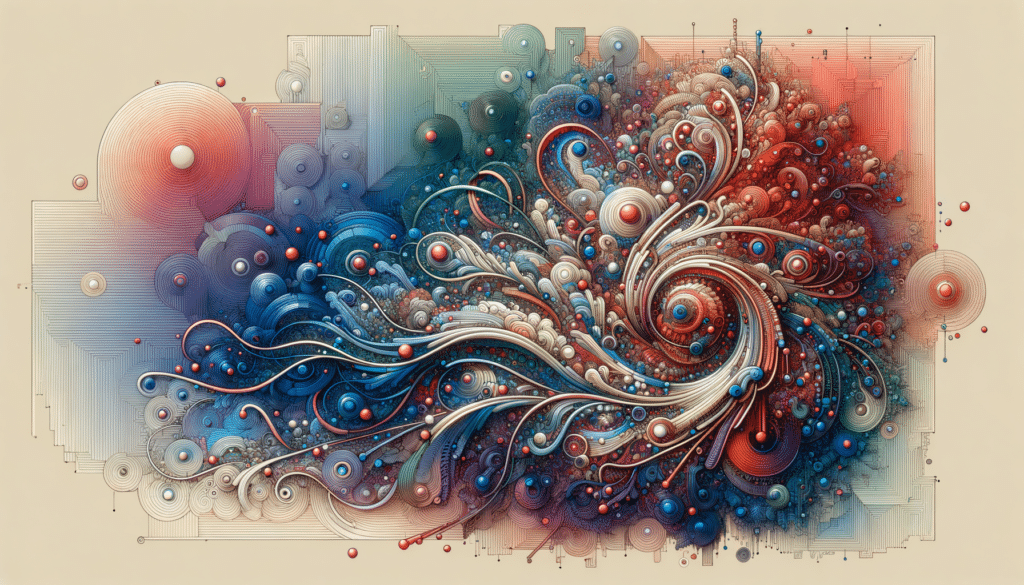Introduction to Generative Experience
Generative experience is a burgeoning field that is redefining the boundaries of creativity and innovation. At its core, it involves the use of algorithms and artificial intelligence to produce content that is both novel and meaningful. This concept is not limited to a single domain; it spans across various industries, including art, music, literature, and technology. The significance of generative experience lies in its ability to push the limits of human creativity, offering new perspectives and possibilities that were previously unimaginable. By leveraging machine learning and AI, creators are now able to explore uncharted territories in their respective fields, resulting in groundbreaking work that challenges traditional norms.
The Role of Artificial Intelligence in Generative Experience
Artificial intelligence plays a pivotal role in the development of generative experiences. AI algorithms are designed to learn from vast amounts of data, identifying patterns and generating outputs that mimic human-like creativity. This capability is particularly evident in the realm of generative art, where AI can create visually stunning pieces that rival those produced by human artists. Furthermore, AI-driven generative models are being used to compose music, write poetry, and even develop video games, showcasing the versatility and potential of this technology.
Key aspects of AI in generative experience include:
- Data-Driven Creativity: AI systems analyze extensive datasets to produce unique and innovative outputs.
- Adaptive Learning: Machine learning algorithms continuously evolve, improving their generative capabilities over time.
- Cross-Disciplinary Applications: AI is being utilized in diverse fields, from visual arts to interactive media.
Generative Experience in Art and Design
The impact of generative experience on art and design is profound, offering artists and designers new tools and methods to express their creativity. Generative art, for example, leverages algorithms to create complex patterns and structures that would be difficult, if not impossible, to achieve manually. This approach allows for the exploration of abstract concepts and the creation of art that is both dynamic and interactive.
In the field of design, generative algorithms are being used to optimize processes and create customized solutions. From architectural design to fashion, the integration of generative techniques is leading to innovative outcomes that enhance functionality and aesthetics.
Key benefits of generative experience in art and design include:
- Enhanced Creativity: Artists can explore new forms and styles that transcend traditional boundaries.
- Efficiency and Precision: Generative design enables rapid prototyping and precise customization.
- Interactivity and Engagement: Generative works often invite audience participation, creating immersive experiences.
The Future of Generative Experience
As technology continues to advance, the future of generative experience appears promising. With the integration of more sophisticated AI models and enhanced computational power, the scope of what can be achieved through generative processes is expanding. This evolution is likely to lead to even more innovative applications in various sectors, including entertainment, education, and healthcare.
Looking ahead, generative experience is expected to play a crucial role in personalized content creation, allowing for tailored experiences that cater to individual preferences and needs. Additionally, the ethical considerations surrounding AI-generated content will become increasingly important, prompting discussions on authorship, ownership, and the impact of AI on creative industries.
Future trends in generative experience may include:
- Personalization: AI-driven systems will offer highly customized experiences for users.
- Ethical Considerations: The rise of generative AI will necessitate discussions on the ethical implications of machine-generated content.
- Integration Across Industries: Generative techniques will continue to permeate various sectors, driving innovation and transformation.
Conclusion
Generative experience is a transformative force in the world of creativity and innovation. By harnessing the power of artificial intelligence, creators are able to explore new dimensions of expression and design, resulting in work that is both groundbreaking and inspiring. As this field continues to evolve, it holds the potential to reshape industries and redefine the way we perceive creativity. Embracing generative experience will not only enhance our creative capabilities but also open doors to a future where human and machine collaboration leads to unprecedented achievements.





